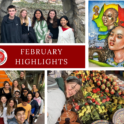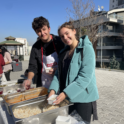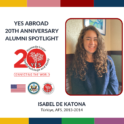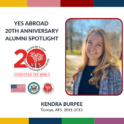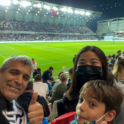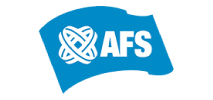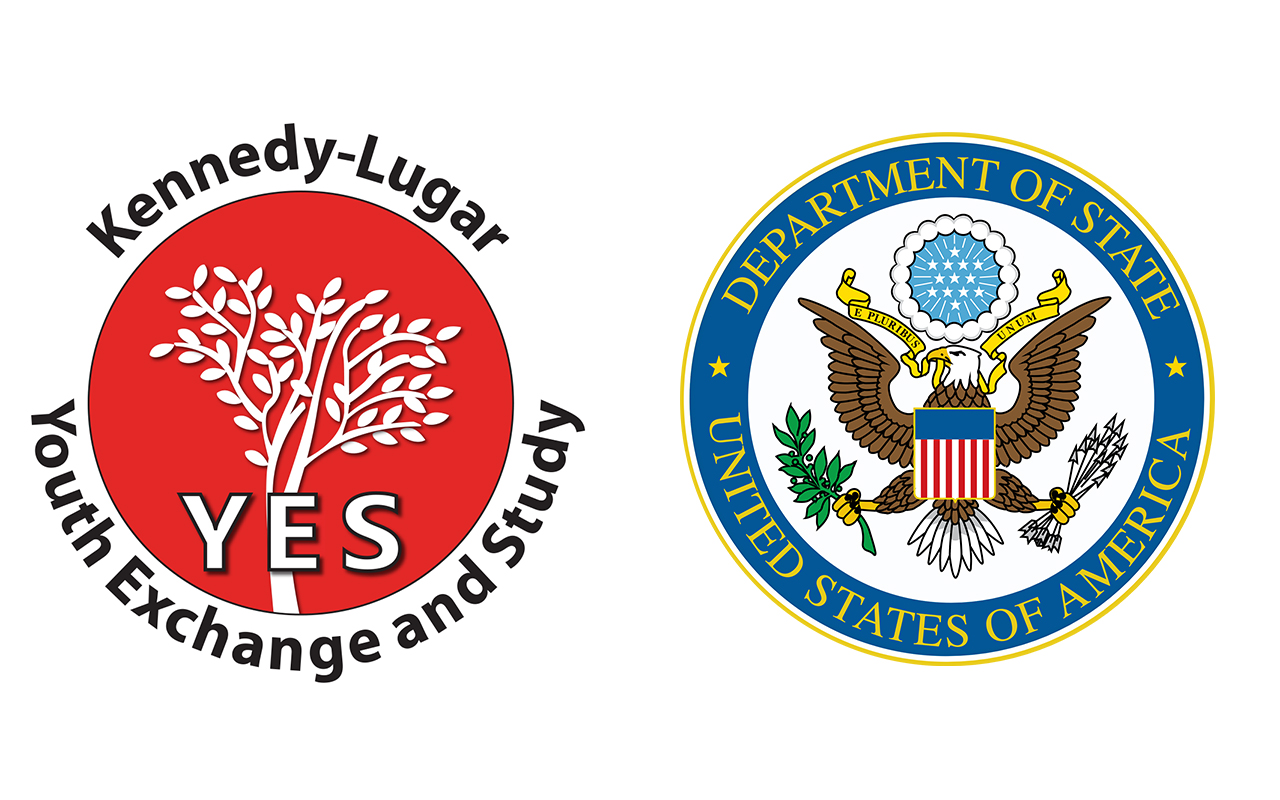Türkiye
Türkiye, known officially as The Republic of Türkiye, since its independence from the Ottoman Empire in 1923, has balanced tradition with globalization and modernization. Although 99 percent of the population is Muslim, Türkiye has been officially secular since 1924. Nearly 75 percent of the country is ethnically Turkish; the other quarter is comprised mostly of Kurds and other minorities. Thus, while the official language is Turkish, it is common to hear other languages spoken.
Türkiye's climate is mostly temperate, and its two largest cities are Ankara and Istanbul. While Ankara is the nation's capital, Istanbul is about three times its size and is the only major city in the world that is built on two continents, bridging Asia and Europe. The city, much like the rest of Türkiye, blends aspects of Middle Eastern and Western culture in nearly every capacity. Yogurt, bread, and rice are essential parts of any meal, followed by Türkiye coffee and dessert, such as baklava.
Türkiye is home to historic sites such as Aspendos and Phaselis from the Roman period and the famous Antalya Riviera on the Mediterranean coast.
Most host communities are urban or suburban, and while some host families may own a car, the most common forms of transportation include cars, buses, mini-busses, trams, metro (underground), bicycle, and walking. Students typically commute anywhere between 10 and 60 minutes each way by bus, mini-bus, tram/metro (underground), or bicycle to their host schools.
Learn more about being a YES Abroad student in Türkiye:
Host Family
Students will live with host families in order to experience true immersion in the local culture. Families are selected based on recommendations by members of the local community, and each is carefully screened by AFS staff and volunteers. While each family is highly regarded by their neighbors, host family situations and accommodations vary, and each provides a unique experience for each student. Host communities exist through the presence of a strong support network, with a local volunteer, staff member, or "liaison" available to each student.
Your High School
Students will attend private schools. The primary language of instruction will be Turkish. School typically runs Monday to Friday, and uniforms are customary. Students may have opportunities to participate in a limited amount of extramural and extracurricular activities, such as drama, music, and sports.
The Political & Security Environment
Türkiye is an active member in organizations such as NATO and the WTO.
For more information, visit the CIA World Factbook.
Health & Safety
With a more than 70-year presence in Türkiye, AFS draws on strong local connections for a deep understanding of intercultural, health, safety, and security issues. Students are given safety briefings by AFS and are registered with the U.S. Embassy in Ankara to receive travel alerts. AFS works closely before arrival and throughout the exchange year to discuss and prepare for students’ well-being. Students are supported on the ground by AFS staff members and volunteers. Each student is given a mobile phone upon arrival for emergency use, along with the contact number for their local support representative and the AFS USA Inc. Türkiye Liaison Office. Students are covered by medical as well as political and security evacuation benefits. Students, host families, and natural families have access to a 24-hour emergency number, and AFS staff and volunteers are trained to respond to incidents that may occur on-program.
For further information on Türkiye, visit the U.S. Department of State's website.
Enrichment Activities
Students may have the opportunity to take part in various activities to increase their interaction with local peers in Türkiye. Activities may include field trips, sporting events, cultural excursions, social outings, and community service projects. Examples of previous enrichment activities include:
- Meeting with the Public Affairs Section of the U.S. Embassy;
- Trips to various cultural or educational sites;
- Community service activities, such as volunteering with organizations for children with disabilities or at orphanages;
- Traditions and crafts, such as Turkish folk dancing, paper marbling, and traditional music.


